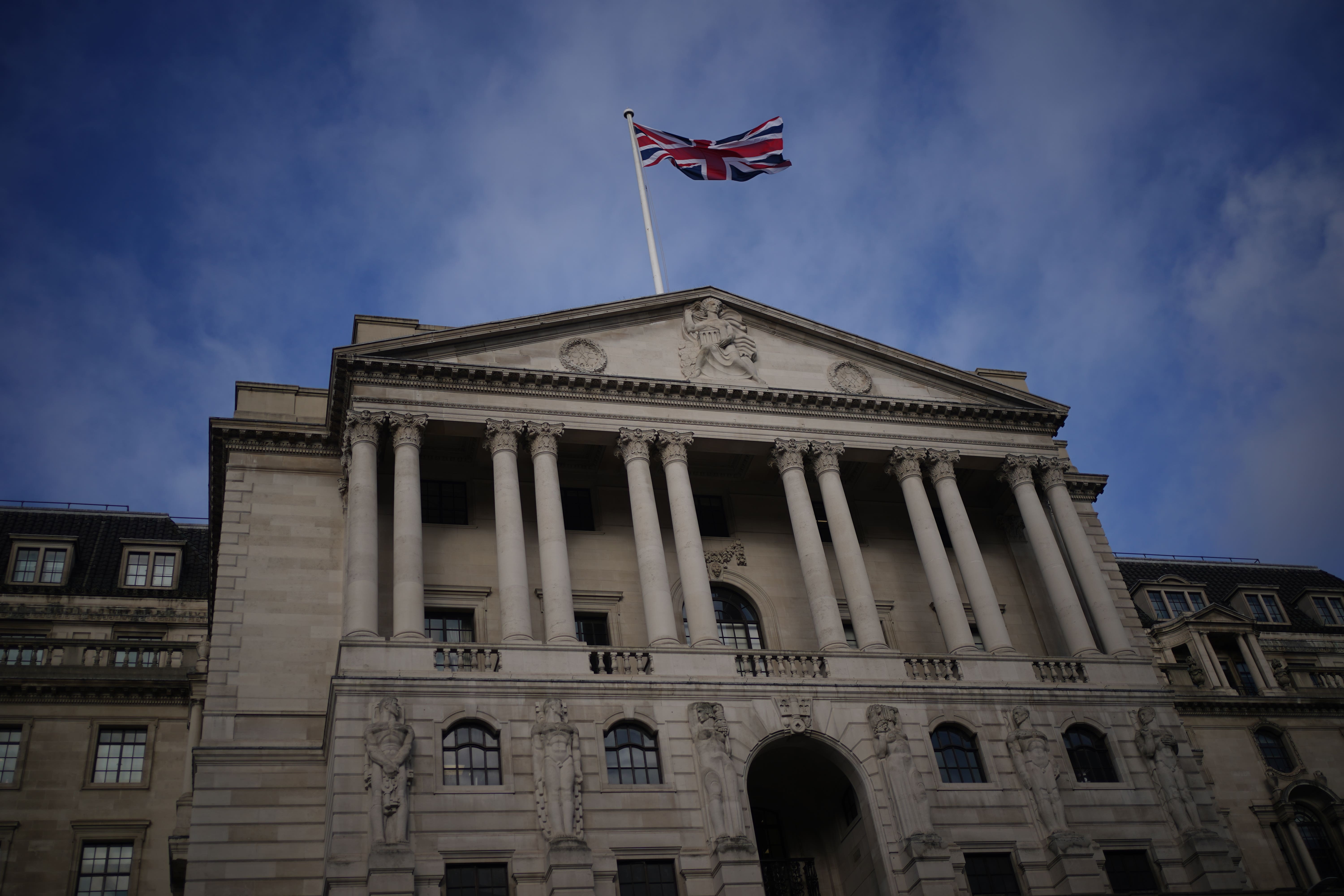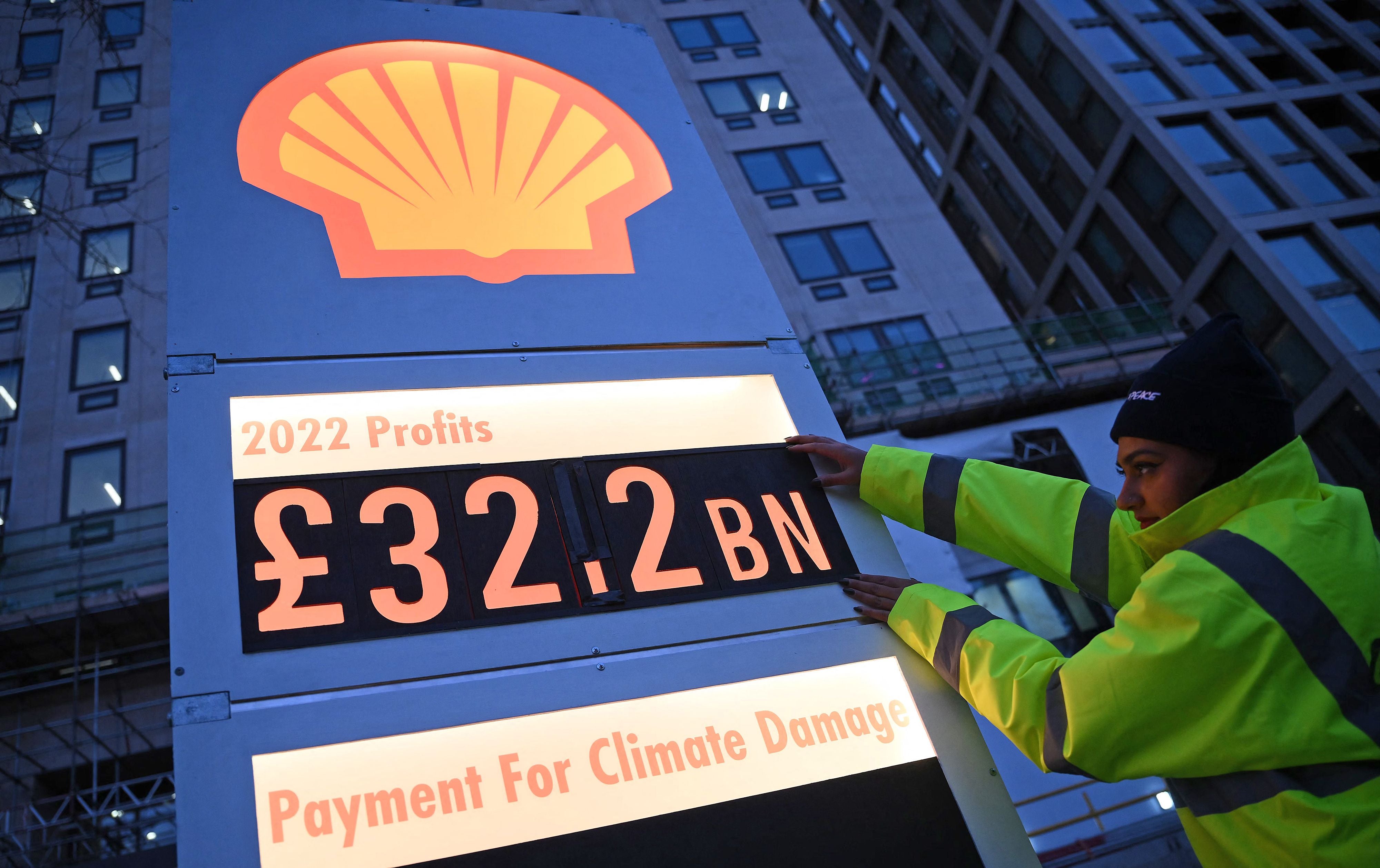
The FTSE 100 has reached an all-time high after the Bank of England presented a more optimistic than expected forecast for the economy.
Trading ended on Friday at 7,901.8, its highest-ever closing score, which beat the previous record of 7,877.45 from 2018.
The Financial Times Stock Exchange index is compiled of the 100 most valuable companies on the London stock exchange. The index was trading up more than 1 per cent on Friday, reaching a peak of 7,906.58 - beating the previous intraday high, also from 2018, of 7,903.5.
Global markets have been buoyant in recent weeks due to optimism that central banks will soon halt recent interest rate increases and a slowdown in inflation across key global economies. It is now believed the UK will experience a “shallow” recession.
On Thursday, the Bank of England hinted that UK interest rates could be nearing a peak as it hiked them for the tenth time in a row. The Bank said the move was needed to keep inflation down after it rose to 11 per cent last year, over five times the target of 2 per cent.

The Bank’s Monetary Policy Committee said it would only raise rates further if it sees evidence of more persistent inflationary pressures.
In the US the Federal Reserve increased the base rate by 0.25 percentage points on Wednesday, the smallest increase since last March.
Shares in London have also been boosted in recent weeks by the relaxation of Covid-19 rules in China, which have supported improvements for commodity stocks as the prices of raw materials improve.
It comes after a turbulent 2022 which saw the FTSE improve by less than 1 per cent despite the easing of pandemic restrictions, as the UK’s economic recovery was impacted by rampant inflation, higher interest rates and labour shortages.
Stephen Innes, a managing partner at SPI Asset Management, told The Guardian: “Over the last few months, activity news outside of the US has surprised investors to the upside.”

The top riser of the day was Shell oil, up 3.6 per cent, one day after controversially reporting a record £32 billion profit.
The FTSE 100 is a largely international list and the wider FTSE 250 is a more contained perspective on how Britain is performing. However, the 100 does contain staple British brands such as Sainsbury, Tesco, Barclays, Lloyds, HSBC and NatWest, as well as the pharmaceuticals firms AstraZeneca and GSK.
Danni Hewson, AJ Bell financial analyst, said: "You might be forgiven for wondering why champagne corks are popping after what's been a pretty gloomy week for the UK economy, but markets aren't mired in the here and now, they're forward facing and investors like what they're seeing on the horizon.
"Interest rates might have risen for the tenth time, inflation might take until the autumn to appreciably cool, but the fact that the Bank of England is forecasting that the oncoming recession won't last as long as they'd feared is cause for celebration.
“But hold your horses, because it's the FTSE 100 that shot up past its previous closing high from May 2018, and not the more domestically focussed FTSE 250.
“London's blue-chip index is home to some of the world's biggest companies and those companies don't just make their money in the UK.”







